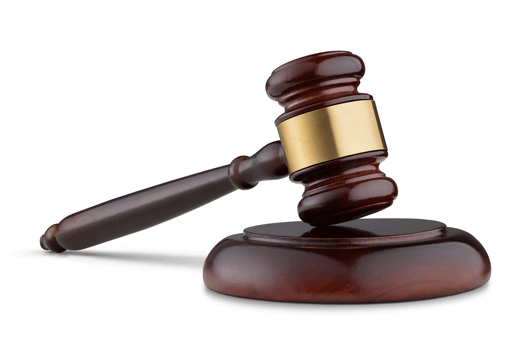Services tailored to you...
With over five decades’ experience serving a diverse range of clients in the South West, we possess an unbeatable depth of knowledge across a wide range of industry sectors.
Our specialist partners and teams can provide expert advice on everything from farming and agriculture, to military tax allowances. We’re here to help you make the most of your planning opportunities so that you can grow with confidence.
Published on 7th April 2022
A complex Supreme Court case in 2021 ended in taxpayer victory – and a takeaway message.
The 2021 Tooth v HMRC case questioned whether Mr Tooth provided deliberate tax inaccuracy, therefore justifying HMRC’s discovery assessment, or not.
Background
Unable to get software to enter key information in the right box on the Employment page of his self-assessment tax return, Mr Tooth and his advisers decided to put it on a partnership page of the return instead, using an ‘obviously artificial’ tax reference number, 99999 99999, to facilitate that.
The Judgement
HMRC issued a discovery assessment, maintaining that the return was deliberately inaccurate. ‘Deliberate inaccuracy’ allows HMRC much more time to assess any loss of tax and to impose higher penalties.
The Court held that Mr Tooth had no deliberate intention to mislead but had done his best ‘in the context of an intractable online form’. In reaching this decision, it was crucial that Mr Tooth had provided a detailed explanation in the white space on the return.
The takeaway message here being the importance of full disclosure to HMRC.
The Aftermath
Although Mr Tooth won his case, the Court also upheld HMRC’s entitlement to raise ‘discovery assessments’ up to the normal statutory time limit, even where HMRC have delayed using available information.
‘Discovery assessments’ can be used where HMRC believe the wrong amount of tax has been assessed and the Tooth Case makes it easier for HMRC to access their extended time limits – usually 4 years after the end of the tax year, but up to 6 years in cases of ‘carelessness’ or 20 years in causes of ‘deliberate inaccuracy’.
